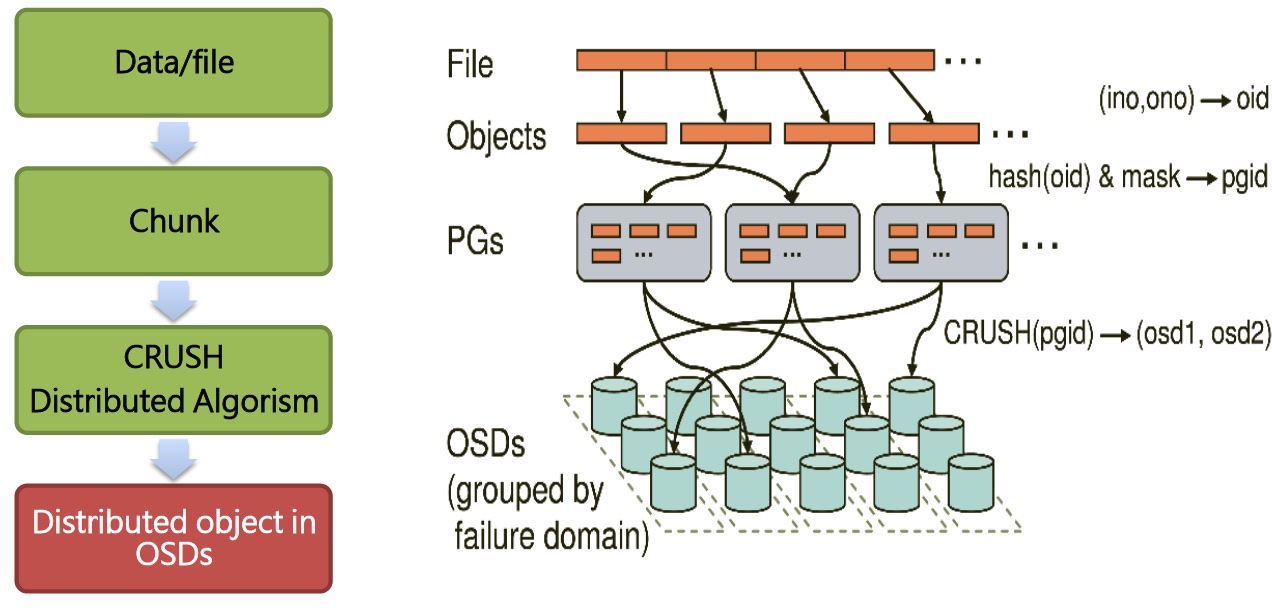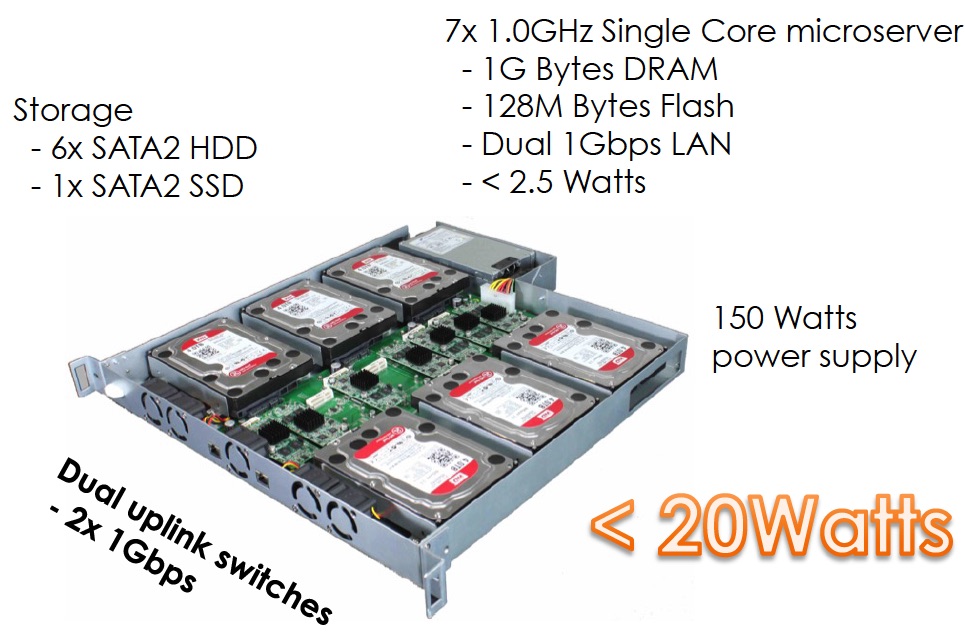Start-Up Profile: Ambedded Technology
In software-defined storage powered by ARM microservers cluster
By Jean Jacques Maleval | March 15, 2016 at 3:16 pmCompany
Ambedded Technology Co., Ltd.
Location
HQs in Taipei, Taiwan, and office in Irvine, CA
Founded in
February 1, 2013
Financial funding
$500,000 in seed round, not yet with series A; in 2013 Cynny Spa acquired a 2% stake in Ambedded Technologies
Revenue
$350,000 in 2015
Main executives
 Founder and CEO Aaron Joue, expert in computer and IT experiences in design, manufacturing and marketing, previously at Acrosser Technology Co., Ltd during ten years
Founder and CEO Aaron Joue, expert in computer and IT experiences in design, manufacturing and marketing, previously at Acrosser Technology Co., Ltd during ten years
- CTO Swapnil Jain, passionate in open source software development, Red Hat certified instructor
- CFO Shirley Chou, experienced in banking and financial
- Business director Dominique Sun
Number of employees
9
Technology
Distributed software storage powered by ARM-based microserver cluster
Products description
The microserver architecture is designed for distributed storage. It is integrating multiple microservers in a 1U server chassis and linked all of them together with in-chassis switch controller to provide the cluster fabric. Each microserver has an ARM-based low power SoC, DDR DRAM, dual Ethernet ports and SATA port. The dual Ethernet ports provide dedicated in-cluster network and public network. Each microserver attaches single storage device through its SATA interface.
The three models of ARM microserver:
- Cy7
- ARM v7 armada 370 Solo at 1GHz
- Peer to peer 1Gb/s, with 2x1Gb/s uplink
- Each microserver with one HDD (SATA2)
- Cy21
- ARM v7 armada 370 Solo at 1GHz
- Peer to peer 1Gb/s, with 2x11Gb/s uplink
- Each microserver with one SSD (SATA2)
- Mars 200
- ARM v7 armada 385 Dual at 1.6GHz
- Peer to peer 2.5Gb/s, 4x10Gb/s uplink
- System management via BMC
According to Ambedded, ARM microserver cluster is a better solution for distributed storage because:
- Dedicated resource on CPU, DRAM, network, and storage bandwidth for every storage device to provide stable performance
- Aggregated network bandwidth to eliminate the bottleneck in a low cost way
- One microserver connect to only one storage device, reducing the lost of single point failure
- Low power consumption and cooling cost
- Lower TCO
The software-defined storage is supported by Ceph and GlusterFS to offer unified scale out storage solution for object storage, block storage and file sharing system.
Software-defined storage use distributed object storage
Released date
Cy7: 3Q14
Cy21: 4Q14
Mars 200: 1Q16
Prices
$800 to $2,500 for ARM microserver cluster hardare Only
Roadmap
Mars 200 with Ceph UI planned for 2Q16, 64bits ARM microserver cluster – still focus on microserver, not 32/48 cores extreme performance series
Partners
Cynny Space and Cynny SPA
Distributors
Not yet
Applications
Scale-out storage, based on object storage software
Target market
Data center, SI for data center, storage device channel, enterprise customer
Competitors
Companies offering software-defined storage based on x86 or commodity hardware















 Subscribe to our free daily newsletter
Subscribe to our free daily newsletter


